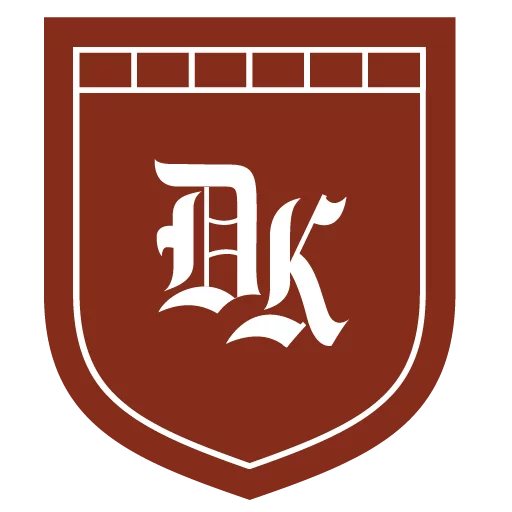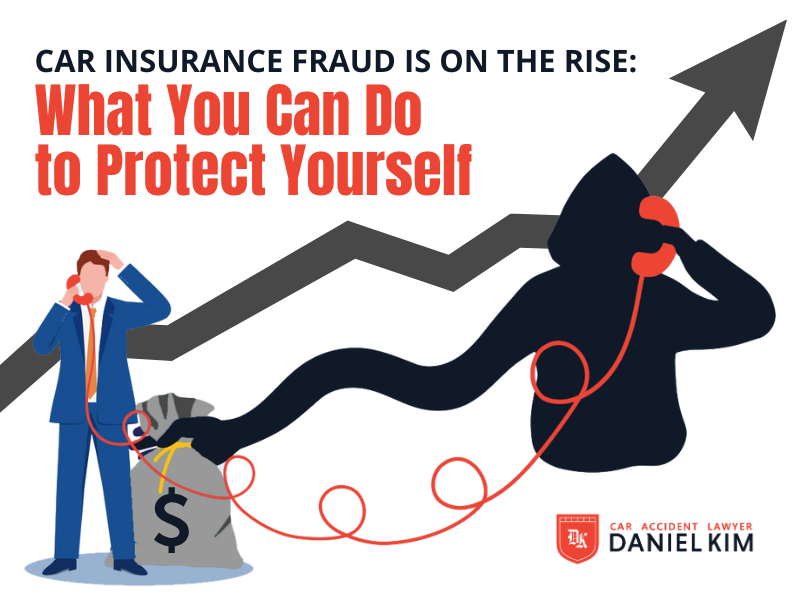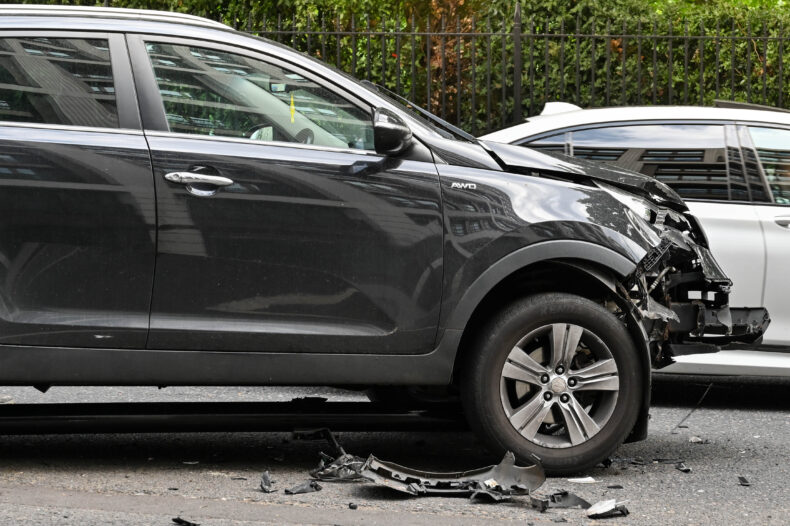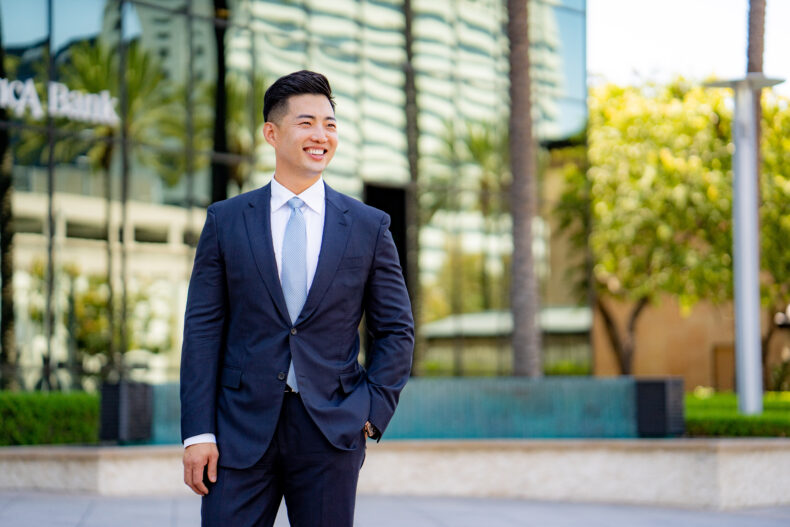Car Insurance Fraud
Most car accidents on the road are indeed accidents, sometimes due to driver error and other times from negligence. However, occasionally, collisions happen due to the intentional, fraudulent acts of one or more people. These are called “staged accidents” and are among the biggest forms of car insurance fraud.
Learn how to identify car insurance fraud and what you can do to protect yourself on the road. For more information and legal advice, contact a Los Angeles personal injury lawyer for a free consultation.
What Is Car Insurance Fraud?
Car insurance fraud involves deceptive practices to secure payouts from insurance companies. Policyholders, third parties, or even insurance professionals can perpetrate these fraudulent activities, leading to significant financial losses and increased premiums for everyone. One of the main ways con artists perpetrate fraud is through staged auto accidents.
According to the Insurance Information Institute, there has been a rise in staged car accidents across the U.S., particularly in California, New York, and Florida. California recorded the highest number of staged accidents in 2023, with 5,366 cases. In L.A. County, auto insurance fraud adds $200 to $300 to drivers’ insurance premiums each year.
Insurance fraud can be either hard fraud or soft fraud. Hard fraud includes staged auto accidents and planned theft, which can result in felony charges and jail time. Soft fraud is more common and involves exaggerating a claim or lying to a car insurance company for a lower rate.
Common Types of Staged Car Accidents
A staged car accident is a deliberate collision intended to defraud insurance companies and unsuspecting drivers. These fraudulent schemes often occur in urban areas and on busy interstates.
Understanding the common types of staged car accidents is crucial for drivers to recognize and avoid becoming victims of such scams.
Swoop and Squat
In this scheme, two vehicles work in tandem to target an unsuspecting driver. The “squat” vehicle positions itself directly in front of the victim’s car, while the “swoop” vehicle abruptly cuts off the squat car, causing it to brake suddenly. The victim, unable to stop in time, rear-ends the squat car.
Left Turn Drive Down
The victim prepares to make a left turn, and a scammer, approaching from the opposite direction, waves them on. As the victim turns, the scammer accelerates and collides with the victim’s vehicle. The scammer then denies signaling and claims the victim failed to yield.
Right Turn Drive Down
This scenario is identical to the Left Turn Drive Down, except instead of making a left turn, the victim makes a right turn.
Curb Drive Down
As the victim pulls away from a curb, the scammer swerves across one or more lanes to deliberately crash into the vehicle. The scammer claims the victim pulled out in front of them.
Sideswipe
This occurs when the victim’s vehicle inadvertently drifts into an adjacent lane, often during a turn. The scammer seizes this opportunity to sideswipe the victim’s car and then claims the victim was at fault for improper lane usage.
According to the National Insurance Crime Bureau (NICB), victims of staged auto accidents often include elderly adults, women, luxury car owners, and commercial vehicle drivers.
How to Prevent Becoming a Victim of Insurance Fraud
Insurance fraud, particularly staged car accidents, poses a significant threat to drivers. While it’s challenging to completely avoid such schemes, implementing proactive measures can substantially reduce your risk. Here’s how you can protect yourself:
Install a Dash Cam
Installing a dash cam in your vehicle is the best way to protect yourself against insurance fraud. Dash cams continuously record while you drive, offering invaluable evidence in the event of an incident.
This footage can be crucial in disputing false claims and establishing the true sequence of events. For instance, dashcam recordings have been instrumental in exposing staged accidents, thereby preventing unjust liability.
Stay Alert
Always stay alert and attentive to your surroundings while driving. Avoid distractions such as cellphones, eating, or engaging in activities that divert your focus from the road. Being observant enables you to detect suspicious behaviors, such as erratic driving patterns or vehicles maneuvering unusually, which are often precursors to staged accidents.
Avoid Tailgating
Keeping a safe distance from the vehicle ahead is not only a legal requirement but also a critical safety practice. Tailgating reduces your reaction time, making you susceptible to “swoop and squat” scams, where a vehicle abruptly cuts in front of you and brakes suddenly, causing a collision.
Be Cautious with Personal Information
It’s standard practice to exchange necessary information with the other party during an accident. However, be wary if the other driver or passengers are reluctant to share their details or if they request more information than necessary.
Don’t Settle with Cash
Be cautious if the other party insists on settling the matter privately with cash, avoiding police involvement or insurance claims. This tactic is often used to prevent official documentation of the incident, which can be detrimental if the other party later files a fraudulent claim against you.
Contact the National Insurance Crime Bureau (NICB)
If you suspect you’ve been targeted in a staged accident or encounter suspicious behavior, report it immediately. Contact the National Insurance Crime Bureau at 1-800-835-6422 or visit their website to file a report.
Additionally, inform your insurance company about your suspicions so they can investigate and take appropriate action.
We Are Orange County Personal Injury Lawyers
Car accidents can ruin lives, especially when they are caused intentionally. If you are in an accident and you believe the other party acted negligently, you may be able to recover financial compensation.
The Law Offices of Daniel Kim, a leading personal injury firm in Southern California, has secured over $300 million in settlements and verdicts for victims of motor vehicle accidents. If you were hurt in an accident, contact our law firm for a free consultation.
*Please note that our firm does not handle fraudulent insurance claims. If you need legal assistance, contact your local bar association to find a lawyer who handles insurance fraud.



